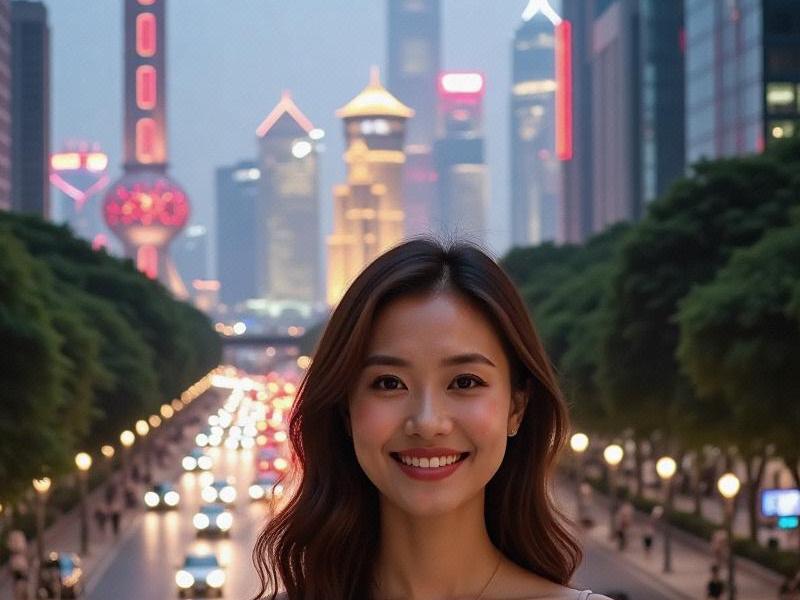This investigative report goes behind the velvet ropes of Shanghai's most exclusive entertainment venues, examining how a new generation of high-end clubs and private membership establishments are redefining luxury nightlife in China's financial capital.

The New Guardians of Shanghai Nightlife
Behind unmarked doors in the French Concession and along the Bund, a revolution in high-end entertainment is unfolding. Shanghai's luxury club scene has matured beyond the champagne-spraying excess of the 2010s, evolving into what industry insiders call "the velvet rope economy" - an ecosystem of invitation-only venues where discretion matters more than flashy displays of wealth.
Membership Models Redefine Clubbing
Leading this transformation is CELLAR, a members-only basement club beneath a historic Shikumen building in Xintiandi. With a strict 300-member cap and ¥100,000 annual fee, it represents Shanghai's answer to London's Annabel's or New York's Zero Bond. "We're not selling alcohol, we're selling social capital," explains founder Marcus Li, a former investment banker. "Our members include tech unicorn founders, celebrity chefs, and third-generation scions of state-owned enterprises."
上海夜网论坛
The KTV Arms Race
Meanwhile, traditional KTV parlors have undergone their own upmarket transformation. The newly opened SKYBOX in Jing'an District features 28 themed rooms ranging from a replica of a Qing Dynasty opera house to a zero-gravity space lounge. Each room comes with dedicated "experience managers" trained in mixology, music curation, and what the company calls "emotional hospitality." A four-hour package starts at ¥18,000 before drinks.
Regulation and Innovation
上海品茶论坛 Shanghai's entertainment regulations have paradoxically fueled creativity. The 2024 "Sunshine Nightlife" initiative mandated facial recognition at all venues but also introduced tiered licensing that allows premium establishments more operational flexibility. "The regulations actually help us," notes Zoe Zhang of the Shanghai Nightlife Association. "They crteeaclear standards that separate professional operators from fly-by-night clubs."
Cultural Hybridization
Today's elite venues blend global influences with Chinese sensibilities. The recently opened MANDALA combines Balinese architecture with Jiangnan garden design, while its music programming mixes traditional guzheng performances with underground techno DJs. This cultural fusion reflects what sociologists identify as Shanghai's "third culture" - neither wholly Western nor traditionally Chinese, but distinctly cosmopolitan.
上海贵族宝贝sh1314 Economic Impact
The high-end nightlife sector now contributes an estimated ¥28 billion annually to Shanghai's economy. Premium venues employ over 50,000 staff in positions ranging from "aura consultants" (who optimize lighting and scent diffusion) to blockchain-based membership managers. The adjacent luxury transportation sector has grown 40% year-over-year to meet demand for discreet chauffeur services.
The Future of Entertainment
As Shanghai positions itself as Asia's nightlife capital, new concepts continue to emerge. The upcoming URBN project will convert a Huangpu riverfront warehouse into a members-only vertical entertainment complex featuring a rooftop helipad, private art gallery, and underwater cocktail lounge. With such ambitious developments, Shanghai's entertainment scene appears poised to set global trends rather than follow them.